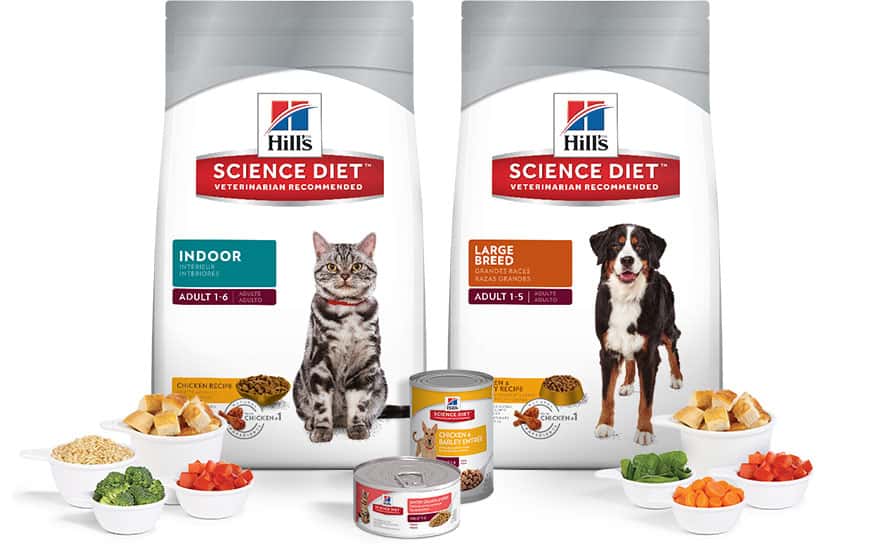There is no denying that the food we eat has an impact on our health, energy, and overall wellbeing. It is, therefore, no surprise that we have found the same to be true for our animal companions. Where once the family Fido was given leftover scraps, or inexpensive commercial kibble, we now find that quality nutrition is important in determining quality of life and longevity.
Prescription diets, or now more often referred to as therapeutic diets, for pets have come a long way since their introduction a few decades ago. But, what does a therapeutic diet offer, versus a commercial diet, and how can it actually benefit your pet?

A pet therapeutic diet is one that is formulated to meet the specific needs of your pet. In most cases, these diets are designed to combat and/or prevent diseases that are common to cats and dogs. These diets are the result of clinical research that determines the best combination of vitamins, minerals, protein, fats, carbohydrates, and other nutritional components to manage the disease process.
Veterinary therapeutic diets can be a vital part of nutritional management for a variety of diseases in dogs and cats. Balanced nutrition is vital to all pets, but there are some conditions and diseases that can be helped through veterinary diets. Some of these include:
- Allergies
- Kidney disease
- Orthopedic conditions
- Endocrine disease, such as diabetes
- Skin and coat health
- Gastrointestinal issues
- Cystitis/urinary tract disease
- Weight control
- Liver disease
- Dental care
Therapeutic diets provide adequate nutrition on their own, but you may be able to supplement with fresh ingredients such as healthy veggies, protein or some fruit. Ask your veterinarian, and keep it to less than 10% of the diet. Let us know if we can answer any questions!



